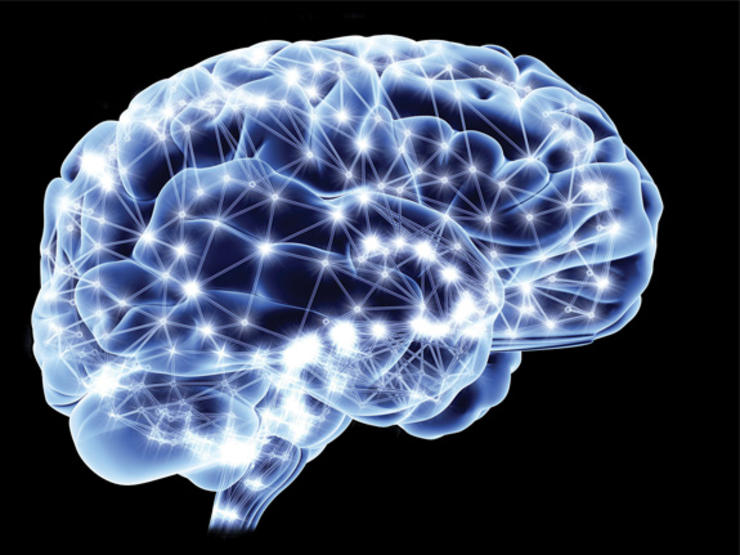Strategies to Increase Your Kids Memory And Attention

by GM Imon
Stimulating memory is of great importance since the children are very young. In a way adapted to your abilities and your learning pace, you can work on this mental quality that is so important to your life.
Some strategies help increase memory capacity
During adolescence, a large part of cognitive and memory resources are dedicated to learning school subjects. This is known as semantic memory, and it is essential at this stage of their life in which they are establishing and forming knowledge every day.
The importance of healthy lifestyle habits
As with so many other mental and physical qualities, quality of life has a direct impact on memory. Various scientific studies show that maintaining healthy lifestyle habits during adolescence has effects on memory capacity and learning in general. These are some factors that we must take care of:
- Dream. While we sleep, especially during the REM sleep phase, the consolidation of the learning carried out during the day occurs. This makes the quantity and quality of sleep a very relevant factor in setting information. Furthermore, lack of sleep has been revealed to directly affect attention span and concentration, essential processes for memorization.
- Feeding. A healthy diet, low in fat and rich in omega 3s and antioxidants, involves the intake of nutrients and energy that the brain needs to function properly.
- Physical exercise. Physical exercise increases cognitive performance by improving oxygen flow and brain functionality.
- Stress. Mental tiredness, tension, or anxiety are blocked for memory capacity, concentration, and the adequate processing of information.
How to enhance memory capacity in children?
The memorization process is structured in three phases:
1. Coding. Information is received and processed.
2. Storage. A mental record of the encoded information is created.
3. Recovery. The stored information is accessed.
In this sense, we can establish different strategies to promote memory and learning that affect how information is encoded or habits that facilitate its storage.
Organize tasks: Dividing and planning tasks into several steps allows you to spread the weight and not saturate the mind. The information comes better if it is in small bites. For this, instill in your child the use of agendas and calendars with which to organize and distribute their work.
Memory development game: There have different pre-k preschool games for kids on apple store for attention improvement, logical thinking & memory development. For launching campaigns of memory development games, you can get free usage offers using promo codes.
Avoid studying by heart: If we base the coding phase on repetition and rote learning, the result will probably be short-term memorization.
Summarize and outline the information: To achieve long-term storage, recommend that you extract the main and basic ideas so that you have a foundation to expand upon.
Carry out visualization and verbalization strategies: Generally we better encode information visually and verbally. You can suggest that they make index cards, that they use different colors to structure the information, that they make a sketch … or that they say the information out loud, that they explain it to someone or even record it and then listen to it.
Implement relaxation strategies periodically: Knowing how to relax your body and mind is as important to your learning as memorization itself. Teach him breathing or muscle relaxation techniques to avoid stress.
Stimulate memory in leisure time: Board games like Memory, word games, games to remember objects or mental calculation. Chess is a good method to exercise memory. Also, teach him to learn effective ways to memorize information in a context of fun and relaxation.
Order events from books or movies: Asking him about stories he has seen or read will help him sort facts, establish causes-consequences, and, as a result, train how he encodes, stores, and retrieves information.







No Comment